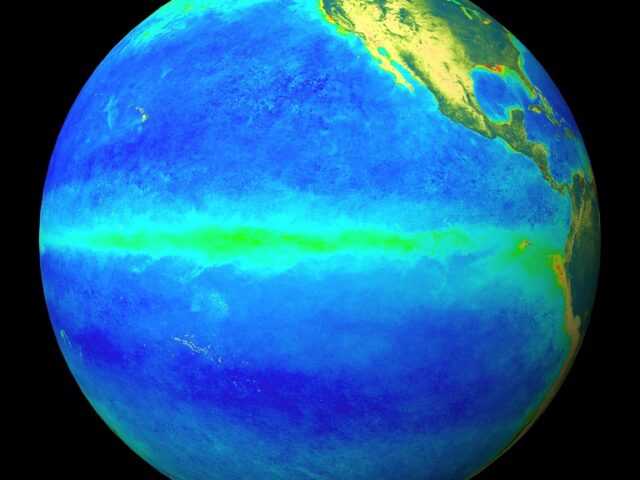MELBOURNE, Australia – A strong positive Indian Ocean Dipole (IOD) continues to influence Australian and global climate, reports the Australian Government Bureau of Meteorology in its latest wrap-up. The El Niño–Southern Oscillation (ENSO) remains neutral. The current positive Indian Ocean Dipole event has strengthened significantly over the past month.
The latest weekly value of +2.15 °C is the strongest positive weekly value since at least 2001 (when the Bureau’s weekly dataset commenced), and possibly since 1997, when strong monthly values were recorded.
Over the past month, strong easterly trade winds across the tropical Indian Ocean aided upwelling of cooler water in the eastern Indian Ocean. At the same time, very warm waters off the Horn of Africa have caused an even greater temperature gradient across the basin.
Given the strength of the trade winds, the IOD may strengthen further over the next fortnight. However, international climate models surveyed by the Bureau indicate the positive IOD is unlikely to persist far into summer.
IOD breakdown occurs when the monsoon trough moves into the southern hemisphere in early December. With the monsoon trough having a record-late retreat from India this year, the shift into the southern hemisphere may also be later than usual.
Typically, a positive IOD brings below average winter–spring rainfall to southern and central Australia, with warmer days for the southern two-thirds of the country. Positive IOD events are often associated with a more severe fire season for southeast Australia. Learn more about the Indian Ocean Dipole.
In the tropical Pacific Ocean, the El Niño–Southern Oscillation (ENSO) remains neutral. Most indicators of ENSO are near-average, although the Southern Oscillation Index (SOI) is negative (El Niño-like) due to very high atmospheric pressure at Darwin. The corresponding pressure in Tahiti is largely within normal bounds. This suggests the negative SOI is not related to a developing El Niño, but rather is likely related to the strong positive Indian Ocean Dipole and the cooler waters between Australia and Indonesia.
Climate models forecast neutral ENSO for the remainder of 2019 and into the first quarter of 2020. When ENSO is neutral, it has little effect on Australian and global climate, meaning other influences are more likely to dominate.


















